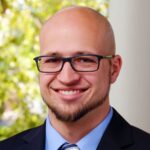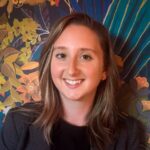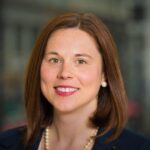Home › Resources
Access the KnowledgeWorks library of resources, which includes thought leadership, publications, stories from our partners in the field and more.
Sign up for our weekly newsletter.
A bold new vision for the future of education reimagines what’s possible in education when learning systems and structures center…

An introduction to a personalized, competency-based learning transformation journey
Five strategies to go from teacher- to learner-centered
Learn about state policies that support competency-based learning in an interactive map developed in partnership with the Aurora Institute.
Students already have agency—our systems often place artificial caps on it.

Student agency helps students become confident learners who see themselves as capable of growth and change
Immersive futures experiences help participants explore possible futures of learning.
Eight conditions to support the growth of personalized, competency-based learning through state policy

In support of the State Policy Framework for Personalized Learning, we’ve compiled additional resources to explore conditions more.

This year, we’ve had our eyes on a few bills that would give schools and districts more flexibility to enable…

Education has embraced this concept as a way of keeping school and student data visible and central to school decision…
Helping education constituents navigate today’s shifting landscape with resilience and success

A future of learning where students of all races and ethnicities, incomes and identities pursue the kinds of learning experiences that enable them to uncover their passions and thrive in an evolving world.
Subscribe to receive email updates including expert insights, success stories and resources.